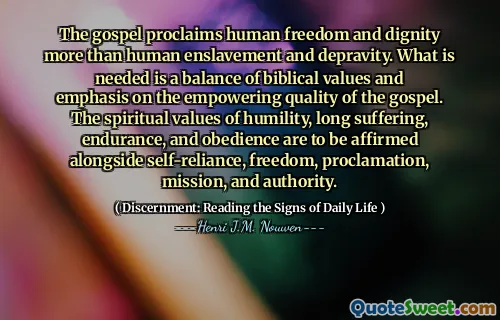
The Lord did not come to make a display. He came to heal and to teach suffering men. For one who wanted to make a display the thing would have been just to appear and dazzle the beholders. But for Him Who came to heal and to teach the way was not merely to dwell here, but to put Himself at the disposal of those who needed Him, and to be manifested according as they could bear it, not vitiating the value of the Divine appearing by exceeding their capacity to receive it.
This passage from Athanasius of Alexandria's 'On the Incarnation' offers a profound meditation on the nature and purpose of the divine intervention in human history. It challenges contemporary views of power, which often equate divine or spiritual force with spectacle and overwhelming display. Instead, Athanasius presents a conception of the divine that is deeply compassionate and pedagogical — an incarnation not for show but fundamentally for healing and teaching. This underscores a profound humility and infinite love that refuses to overwhelm human beings but chooses to meet them exactly where they are, at the precise level they can comprehend and bear. The delicacy with which the divine presence is revealed respects human limitations, highlighting a relational and patient divine approach rather than one of overwhelming judgment or spectacle. The quote also invites reflection on the nature of power: true power is not about dazzling others with overwhelming force, but about wise and effective service to those in need. This offers a corrective to modern tendencies to equate success or influence with grandeur and showmanship. The incarnation, hence, serves as a model of authentic leadership and healing that values understanding, mercy, and teaching over flashy demonstrations. Ultimately, this perspective can inspire individuals to adopt humility and care in their interactions, striving to manifest goodness in ways accessible and meaningful to those they serve without alienating or overwhelming them.




